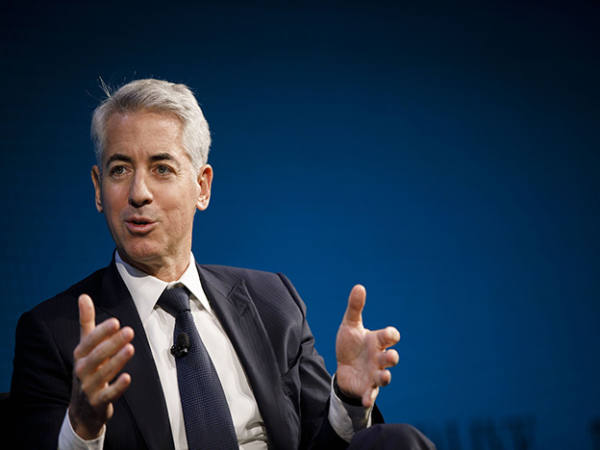- Don’t YOLO like that
- YOLO like this
- Compounding is king
- Loads of new idea-generating data
Of the many cretinous wheezes used to promote high-risk trading strategies to impressionable young savers, perhaps the most cynical is the use of the 'YOLO!' battle cry.
YOLO stands for “you only live once”. The phrase is used to egg on investors to throw caution to the wind and go all in on the possibility of overnight riches, even if that means the chance of devastating losses.
The idea of all-in, high-stakes punts runs directly counter to the most reliable way to exploit the most powerful force in finance: compound interest. Understanding compound interest means understanding the true importance of 'only living once': time is an investor’s greatest asset. Making maximum use of time by investing sensibly when the greatest number of years lie ahead is the surest way to achieve long-term financial wellbeing.
Consider what 'only living once' actually means for a typical working Brit. It entails starting work at about 19, working until around 66, and then kicking the bucket at 79 (for men) or 83 (for women). That gives a typical 19-year-old entering the workforce 47 years to save for a comfortable and fulfilling 13 to 16 years of retirement. Starting to invest early and sensibly is the easiest way to get a good result. It is also the best way to increase one’s chance of retiring earlier than the average, if that’s an objective.
Let’s take the example of a 66-year-old woman who retired at the end of 2020. Let’s also imagine that when she started work at 19 she had access to the wonderful financial products that are available today: I’m talking near-zero-cost index trackers and tax-free savings accounts rather than CFDs, options, SPACs and crypto.
What is not average about the woman in our example is that she was savvy and smart from the get-go. During her first year of work she put aside £98 to invest. Adjusted for inflation, that’s equivalent to £1,200 in today’s money or savings of £100 a month. At the end of the year she put the money in an individual savings account (Isa) and invested it in an MSCI World Index ETF. Today, the effect of compounding means that the £98 investment would be worth a staggering £21,043.
This is the real YOLO. Josephine appreciated the true significance of 'only living once' and maximised the power of 'time-in-the-market' to boost returns.
Had she started saving and investing 10 years later than she did, an inflation-adjusted £1,200 (£294) would only have got her £9,921 on retirement – less than half the return she actually achieved. Had it taken 20 years for the penny to drop, she would have £5,241. 30 years and it would be £3,656. And had she begun investing 40 years into her working life, and just six years off retirement, she would only have £2,160.
Saving is also about habit. Having started saving in her first year of work, our Josephine continued to save the inflation-adjusted equivalent of £1,200 every year (what can I say, she didn’t get good pay rises!). The compounded returns from the MSCI World Index rewarded her with £323,893 on retirement for her lifetime inflation-adjusted savings of £55,200 (£23,757). Not bad at all given Josephine was neither a particularly big saver nor a very involved investor.
Sadly, high-risk trading strategies tend to ultimately blow up, leaving inexperienced investors with little remaining capital and a fear of 'investment' that may last a lifetime, or at least until it is too late to compound their way to a comfortable old age.
Read the Investors Chronicle’s 3 Cardinal Rules of Investing here











